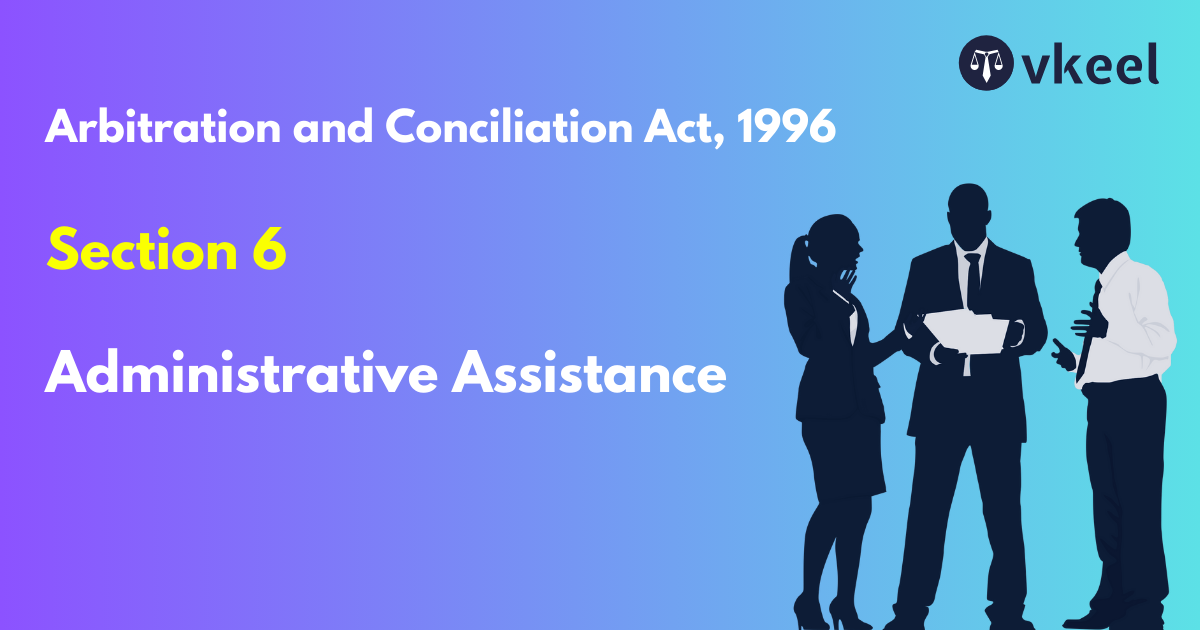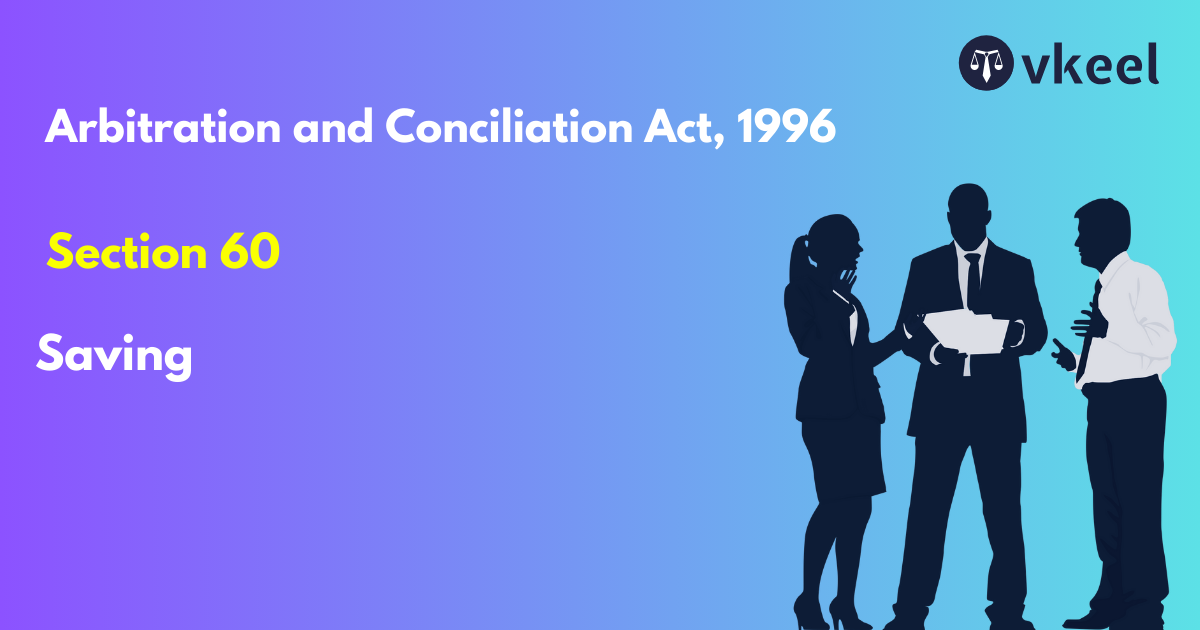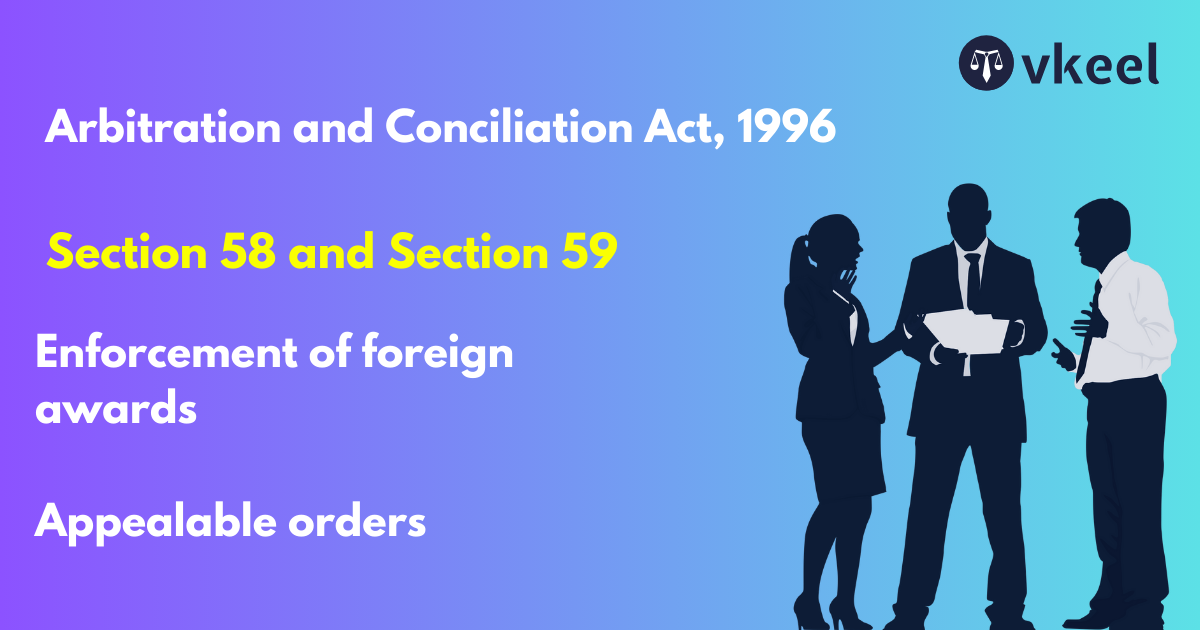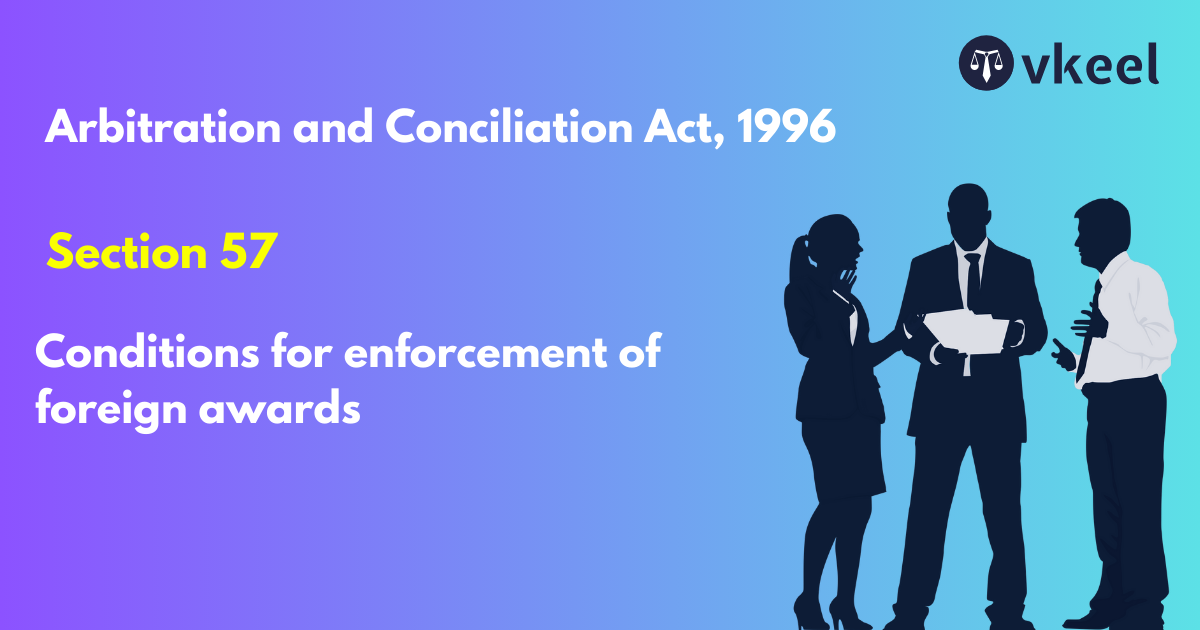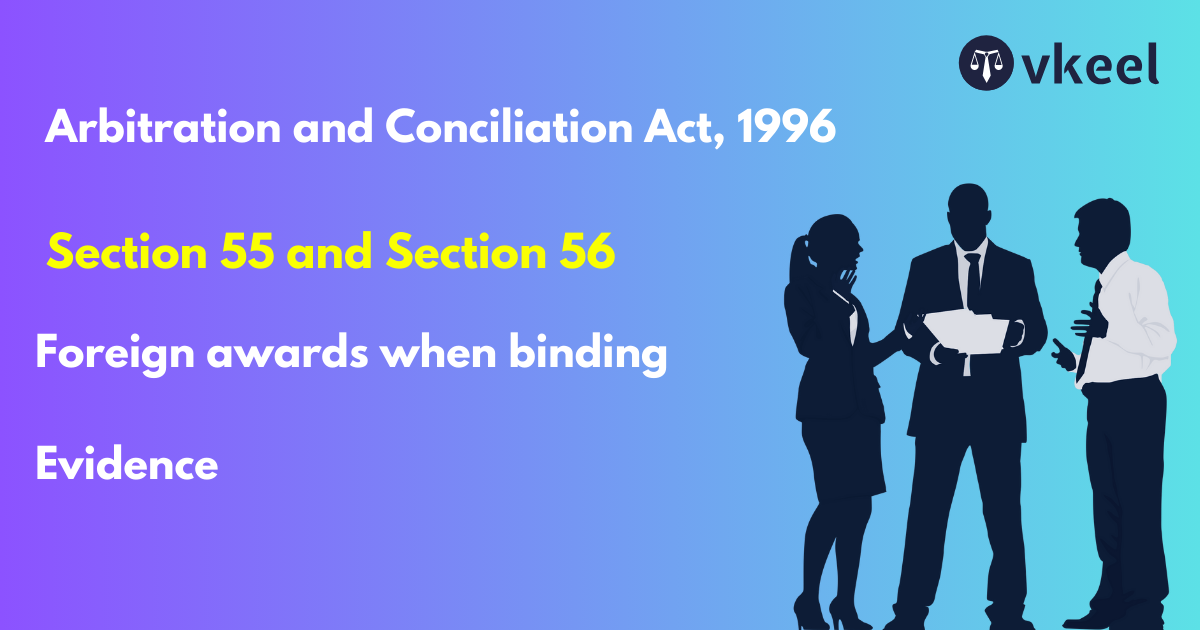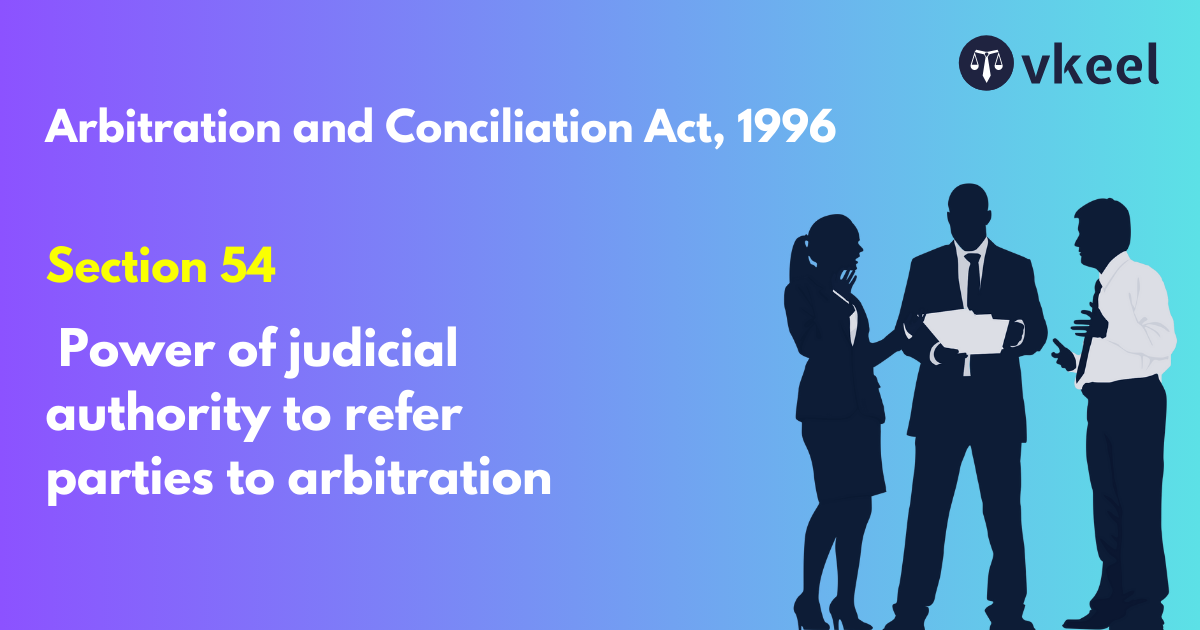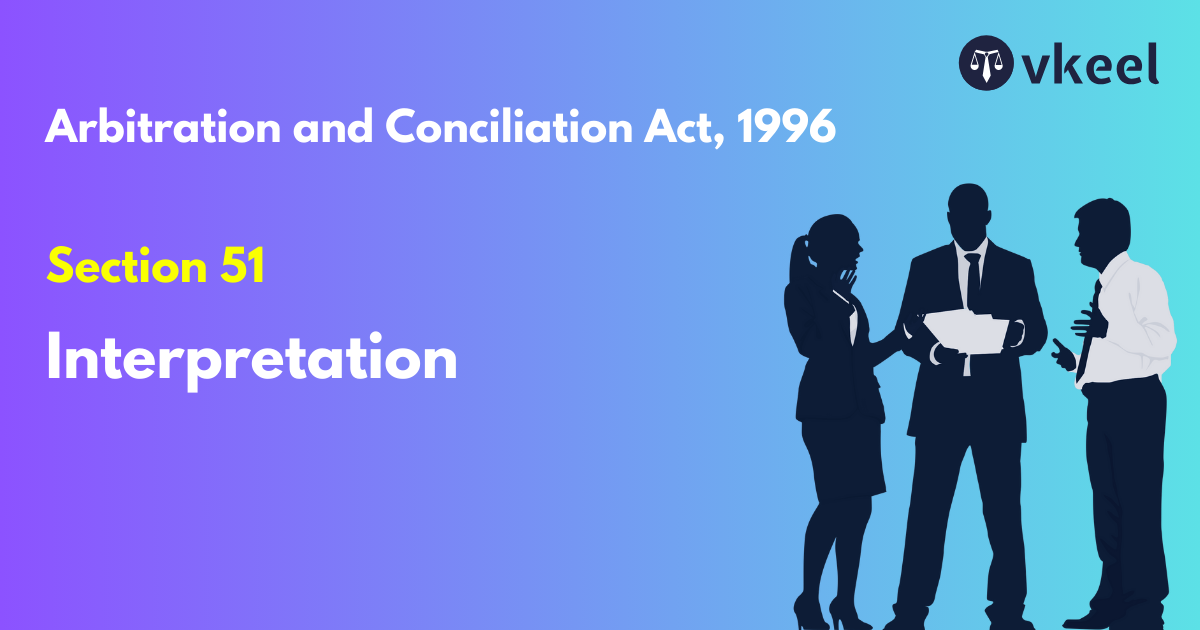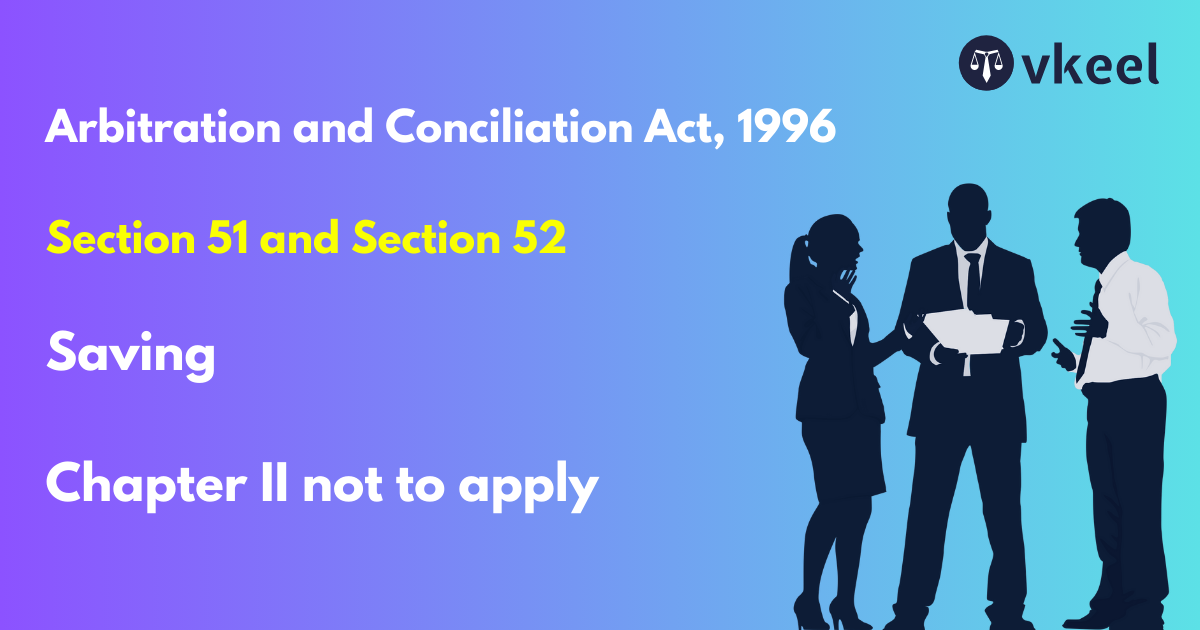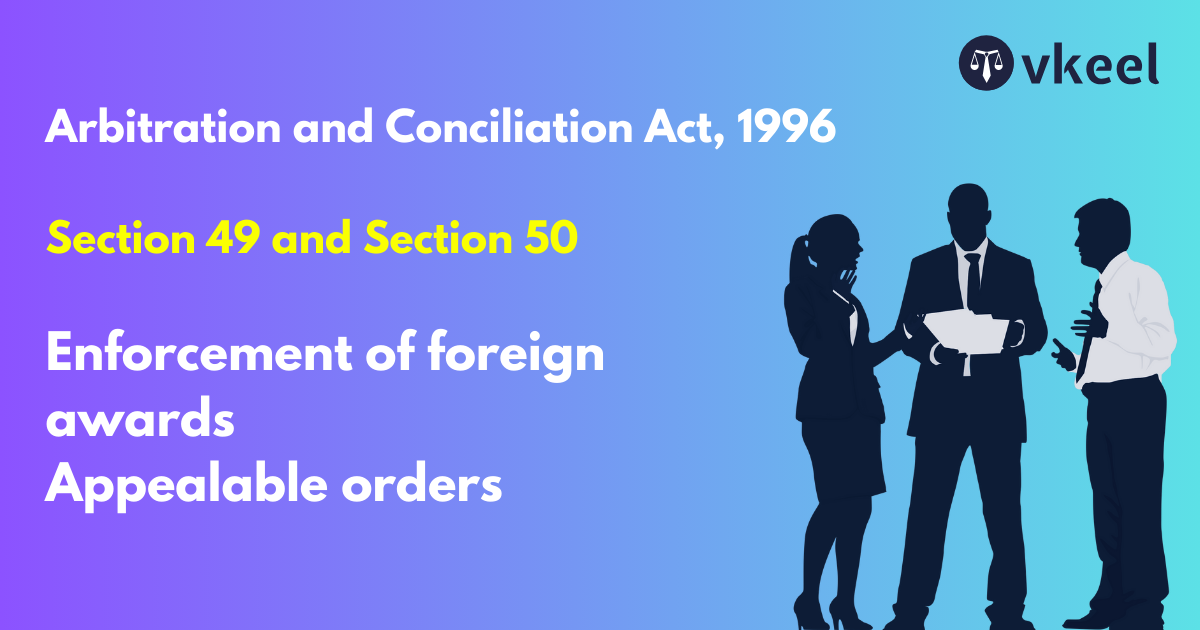Section 6: Arbitration and Conciliation Act, 1996
By Nivedita Dhiman
Table of Contents
Introduction
The section has witnessed divergent views which were expressed by various thinkers in the field of law. A view which was expressed states that it was inappropriate to determine that issue in the modern law since the territorial scope of application of the law as adopted in a given state was either, self evident from the fact of its enactment or was to be determined by the particular state in accordance with the general policies, including its stance on conflict of laws and on the court’s competence.
Another view which was placed before the table was that, the place of arbitration should not be exclusive in the sense that parties would be precluded from choosing the law of another state as the law applicable to arbitration procedure.
It was further recognized that such choice might be subject to certain restrictions, in particular as regard fundamental notions of Justice, reasons of public policies and rules of Court competence intrinsic to the legal and Judicial system of each state. These reasons were stated in the unicitral report on model law in regards to the discussion on territorial scope of application.
Section 6 of Arbitration and Conciliation
Administrative Assistance-
In order to facilitate the conduct of the arbitral proceedings, the parties, or the arbitral tribunal with the consent of parties, may arrange for administrative assistance by a suitable institution or person.
Judicial Interpretations
Baker vs Coterill
An arbitrator was at liberty under the reference to appoint an accountant “not objected to by any of the parties.” He appointed one without communicating with the parties and consequently, the award was set aside. 754A submission contained a clause that the arbitrator should be assisted by his attorney. The award was thereafter drawn by the attorney and it was held that there was no improper delegation of authority.
National Electric Supply and Trading Corp Pvt Ltd Vs State of Punjab, 1963
If the parties to the reference took upon themselves to help the arbitrator in preparing comparative statements, one party cannot take exception to the statement prepared by the other party.
Municipality of Ahemdabad Vs Ravjibhai Bhailal, 1935
Where the arbitrator sent for the plaintiff for the purpose of getting the desired records sorted out and certain exhibits traced and throughout the three interviews there was no question of the plaintiff stating his case or pressing his contention before the arbitrator, it was held that there was no misconduct as the plaintiff only rendered ministerial assistance
Punjab Province Vs Laxmi Dass, 1944
The delegation of ministerial acts and duties can certainly be made by an arbitrator, but unless expressly authorised to do so, the arbitrator must exercise his own judgment. 747 The award of the arbitrators leaving a matter in dispute to be decided by a third person is invalid as it is not open to arbitrators to delegate their authority to a stranger. 748 Though the performance of ministerial acts can be delegated, important preliminary matters prior to hearing cannot be characterised as mere ministerial acts, and cannot be delegated.
Juggubundhu Saha Vs Chand Mohan Saha, 1916
If an arbitrator takes some ministerial work from a third person, that does not render theconduct of the arbitrator as judicial misconduct. 745 An arbitrator has no authority to delegate his functions, except possibly what are called “ministerial acts”, and if he does so, he is guilty of judicial misconduct.
Conclusion
The Section 6 of the Arbitration and Conciliation Act promotes and is based on the Fundamental pillars of fairness, accountability, transparency, responsibility on the part of concerned authorities.
Disclaimer:
The information provided in the article is for general informational purposes only, and is not intended to constitute legal advice or to be relied upon as a substitute for legal advice. Furthermore, any information contained in the article is not guaranteed to be current, complete or accurate. If you require legal advice or representation, you should contact an attorney or law firm directly. We are not responsible for any damages resulting from any reliance on the content of this website.

